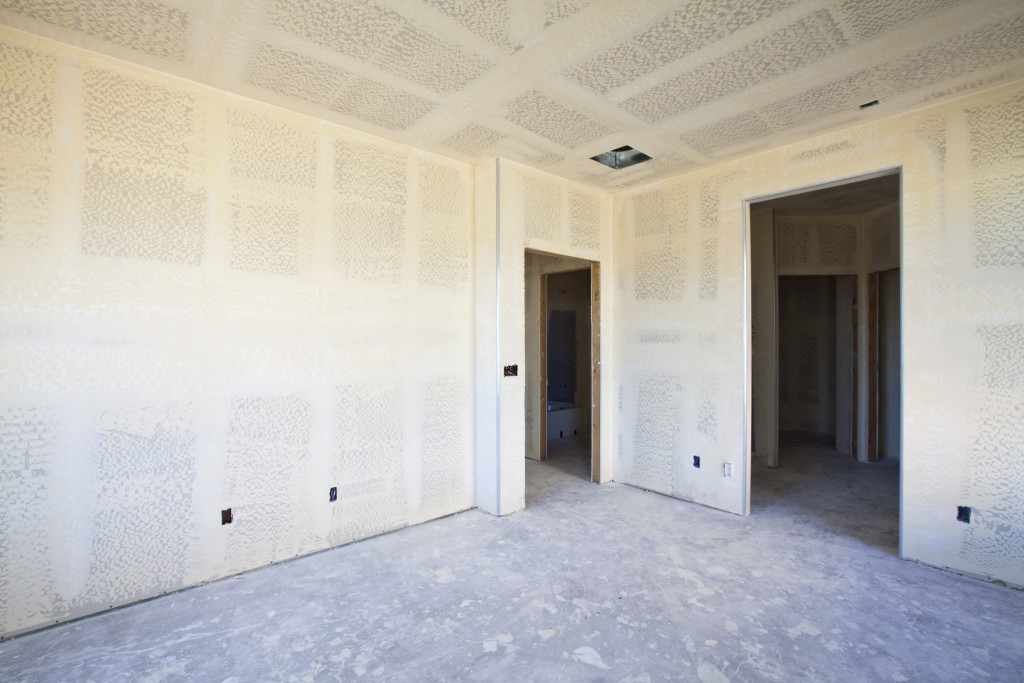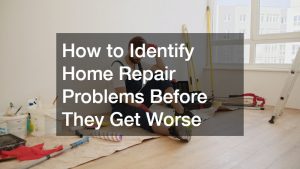Peeling paint on your walls, leaky faucets in your kitchen, and cobwebs on your ceiling—these are telltale signs that your house is in dire need of a little spring-cleaning.
It’s crucial to keep your home in tip-top shape to protect your health and to ensure your general safety. And now that you’re in lockdown, you have all the time in the world to carry out these much-needed repair and maintenance works you’ve been putting off for the past months. So, here are practical tips that will guide you with your fixing and cleaning:
Change Your Air Filters
One of the first things you should do to achieve the best air quality inside your house is to change your air filters. Air filters collect a wide range of airborne contaminants such as mould, dust, bacteria, and dirt. If you don’t regularly replace your filters, these indoor pollutants will continuously circulate in your home, and you’ll end up breathing in contaminated air. Constant exposure to polluted air can lead to the development of respiratory issues such as asthma and allergies.
Aside from that, failure to maintain the cleanliness of your air filters can decrease the efficiency of your duct system. That makes it harder for your ducts to regulate indoor temperature. So, make it a habit to change your air filters every two to three months and schedule a routine inspection of your duct system. You can also request for professional assistance in the maintenance of your vents.
Clean Your Carpet
To ensure the cleanliness of your house, you have to dust down your carpet habitually. Your carpet is a catch basin of all the nasty things present indoors — pollen, mites, animal fur, bacteria.
If you enjoy doing your homework slumped on the floor, or you happen to have a crawling baby around, then you should always keep your carpet squeaky clean.
You should vacuum your carpet twice a week to eliminate the dirt trapped in between its thick fibres. But if you want to conduct a more thorough process of disinfection, you can hire carpet cleaning experts to do all the dirty work for you. These specialised professionals perform intense disinfection of carpets through the use of high-powered vacuums, powerful cleaning solutions, and hot water extraction. If you want to be 100% sure your carpet is free from germs and bacteria, then you might want to try these professional carpeting services.
Patch Up Leaky Faucets
Not only is that constant dripping sound a nuisance, but it’s also causing your water bill to shoot up. You are losing 20 gallons of water because of those leaky faucets that you haven’t had the time to fix. Once you repair your leaky faucets, you can save up 10% of your monthly bill. Plus, you won’t hear those dripping sounds that keep you awake in the middle of the night.
You can fix your faucets with your bare hands. You have to disassemble it, inspect the parts that need replacement, and march right down to the store to buy new ones. Before reassembling them again, be sure to clean the old parts so that they won’t experience another wear and tear problem. But if you’re not entirely confident with your plumbing skills at the moment, you can always call a professional to help you out.
Repair Your Drywall

How often do you repair cracks on your wall by covering it up with a new coat of paint? That might be a convenient solution to bring back the aesthetic appeal of your interior, but your drywall is the one you should be fixing. There might be holes and cracks forming on your drywall, and if you don’t mend them sooner, you’re going to give birth to a new set of problems.
If you want to take on the task of fixing your drywall on your own, you begin by covering the damages with wall fillers, specialised tape, or acrylic latex. After sealing it up, let it dry then apply cement, paint, and primer to refine the area. But if you’re having a hard time learning the ropes of drywall repair, some professionals can assist you with that.
Fix Air Leaks
If you don’t want to see your hard-earned money go down the drain, fix air leakages in your household. Air leakage occurs when outside air travels inside the house through structural cracks. According to the US Department of Energy, air leakage usually happens in ceiling, walls, floors, windows, fireplace, ducts, and door frames. This infiltration can disrupt the energy efficiency of your home and can result in the formation of moulds and unpleasant odours.
So, if you don’t want to suffer from these discomforts, air seal your house. Conduct an inspection and look for gaps and openings that might be contributing to air leakage. Then secure essential materials such as weatherstripping, waterproof caulk, spray foam insulation, and utility knife. For small cracks, you can use caulks, while for bigger openings, you can use spray foam to seal in the gaps.
So, to make staying at home convenient, safe, and comfortable, make use of this lockdown to run assessments, make repairs, and maintain the condition of your humble abode.











